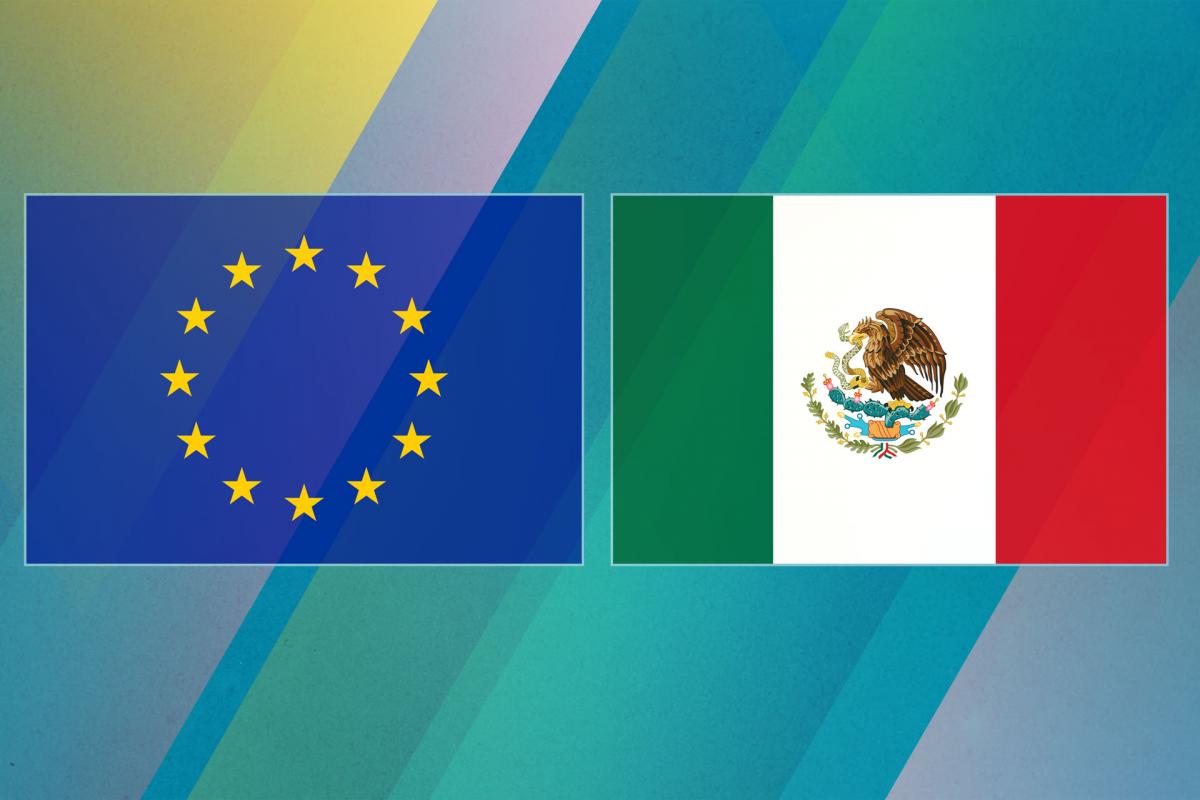“A relentless focus on talent allows companies to thrive”

DESCRIBE THE CHALLENGES YOU THINK THE NEXT GENERATION OF LEADERS WILL FACE
Working out how to maximise the productivity of a mostly remote or hybrid workforce will be a key one. It’s an opportunity too, if leaders are open to change. Imagine, for example, employment contracts stipulating a salary in exchange for defined value, outputs and outcomes – instead of the arbitrary X days or hours per week. As well as affording businesses a clearer route to monitor performance, this kind of approach would give employees more autonomy regarding how they perform their role, and – potentially – better work life balance. It could also improve remuneration for ‘part-time’ work which isn’t easily bounded.
Otherwise I think the next generation of leaders will face very similar challenges; for example, weighing up the risks versus the potential benefits of investing in new technologies (like generative AI); responding decisively to the climate emergency in the absence of a unified global approach, and adapting to the change that is likely to result over coming decades due to a record two billion people heading to the polls in 2024.
WHICH QUALITIES WILL A GREAT LEADER OF THE FUTURE NEED TO HAVE? HAVE THESE CHANGED?
1. Curiosity. It’s vital for keeping up with the pace of change and understanding diverse perspectives. Both are key to positioning your business for success.
2. Creativity. As AI becomes more embedded, creative tasks (that can’t yet be completed to the same standard by machines) will account for the bulk of the workload in many businesses. Leaders must be able to create and preserve a culture where creativity thrives.
3. Compassion. Future leaders must care about people, the environment, and the wider world they inhabit. Only by doing so will they build businesses that are genuinely sustainable. And consumers increasingly support companies who operate ethically, in lieu of those who don’t.
WHAT ONE OR TWO THINGS SHOULD LEADERS BE GETTING ON WITH NOW, TO FUTURE-PROOF THEIR BUSINESS?
Connect with young people. Intergenerational differences create discord in the workplace. More importantly, you won’t attract tomorrow’s talent if the next generation can’t relate to your mission, or disagree with how you go about it. Invest meaningfully in continuous learning. For client-facing businesses this means sacrificing billable time to allow staff to train up, not just giving them budget. It makes them feel valued, and boosts their value to clients.
DO YOU PREFER IN-OFFICE OR REMOTE WORKING?
In an ‘either/or’ situation I’d opt for in-office working because I don’t think virtual contact is any substitute for connecting face-to-face, which is important for me because relationships with colleagues are a big part of what motivates me and keeps me learning.
DO YOU THINK THE WORLD OF WORK WILL BE A MORE EQUITABLE PLACE IN THE FUTURE?
I hope so! I think one of the biggest threats to progress is survivor bias; i.e. those who do succeed against the odds start, over time, to think, ‘I managed it, therefore it’s possible’, and this undermines their willingness to elevate and advocate for others. Or worse – they succeed by assimilation, which is a hollow triumph from a diversity and inclusion perspective. I’ve seen both things in relation to the fight for better gender parity in leadership roles.
WHAT DO LEADERS WASTE A LOT OF TIME DOING THAT THEY PROBABLY SHOULDN’T?
I think many leaders still spend too much time in meetings that have no clear purpose, which staff only attend because they feel obliged to. Pointless meetings promote presenteeism and dent productivity – particularly for part-time workers, many of whom are women.
WHAT’S BEEN THE BIGGEST CHALLENGE IN YOUR RISE TO THE TOP – AND HOW DID YOU OVERCOME IT?
Confidence. I only realised this with the guidance of a coach. Like peeling an onion, she made me see that confidence issues were often at the core of what I mistakenly characterised as shortfalls in my skills and knowledge. In addition to coaching (which I found hugely valuable) I think appropriate reward and recognition goes a huge way towards boosting confidence. It’s one of the many reasons gender pay parity is so important.
WHAT IS YOUR BIGGEST LEADERSHIP LESSON?
I think a relentless focus on talent is what allows companies to thrive. This means both attracting and retaining it, and nurturing it internally through coaching, mentoring and training. Leadership time invested in these activities is always well spent.
WHAT’S YOUR BEST TIME MANAGEMENT HACK?
It’s not a hack, but for me assertive diary management is key. Each Monday I consider what I want to achieve that week and make sure my time is going to be spent serving those priorities.
HOW DO YOU MANAGE STRESS?
I have gotten much better at spotting the early signs that I’m stressed – or about to be – and take the opportunity to get on the front foot by deferring anything that’s not urgent, asking my team for help, and making sure I exercise (running always calms me down).
WHAT’S YOUR GO-TO LEADERSHIP BOOK, PODCAST OR SOCIAL MEDIA ACCOUNT?
I enjoy books that are not overtly about leadership but which unpick the psychology of relationships, thought and belief systems (for example, Jonathan Haidt’s ‘Why good people are divided by politics and religion’ or Daniel Kahneman’s ‘Thinking, Fast and Slow’). For me, a good leader is someone who can connect with pretty much anyone, so I’m always on the lookout for reading that will help me better my understanding of people and social constructs.
link





